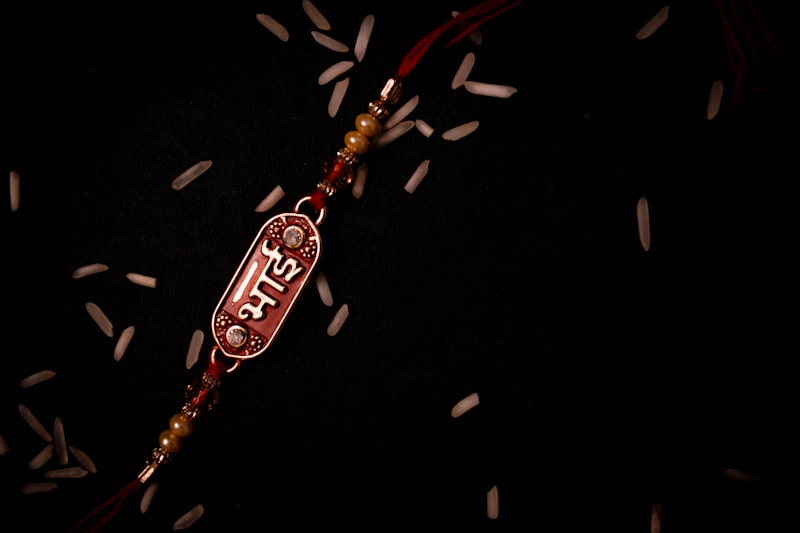Rituals and Symbolism in Various Cultures: An In-Depth Exploration
Across the globe, cultures are rich with traditions and practices that reflect their beliefs, values, and identities. Rituals and symbolism are integral parts of cultural expressions, providing insights into the worldviews of different communities. This article delves into the various rituals and symbols across cultures, their meanings, and how they shape the lives of individuals and societies. We will cover topics such as religious rituals, rites of passage, symbolic gestures, and the purpose behind these practices.
Understanding Rituals
Rituals are structured and repetitive activities that often hold significant meaning in a particular cultural context. They can range from religious ceremonies, such as weddings and funerals, to seasonal celebrations like harvest festivals. The key aspects of rituals include their purpose, which can be spiritual, social, or psychological, and their components, which often involve specific actions, words, and symbols.
Types of Rituals
| Type of Ritual | Description |
| Religious Rituals | Ceremonies that are performed in a sacred context, often involving prayers, chants, and offerings. |
| Rites of Passage | Mark significant transitions in a person's life, such as birth, adulthood, and death. |
| Seasonal Rituals | Celebrations that coincide with seasonal changes or agricultural cycles, like solstice festivals. |
| Personal Rituals | Individual or familial practices that might not be publicly observed but are meaningful to the participants. |
The Role of Symbols in Culture
Symbols are representations that convey meanings beyond their literal interpretation. They can be objects, gestures, sounds, or images that hold particular significance within a culture. Understanding the symbols used in various cultures can enhance our appreciation for their rituals and broader cultural practices.
Common Symbols and Their Meanings
Different cultures utilize various symbols to represent their identity, beliefs, and values. Here are a few notable symbols:
- Yin and Yang - A symbol from Chinese philosophy representing balance and harmony between opposing forces.
- Cross - Widely recognized in Christianity, symbolizing faith, sacrifice, and salvation.
- Dreamcatcher - Originating from Native American culture, it symbolizes protection and the filtering of dreams.
- Lotus Flower - In Hinduism and Buddhism, it symbolizes purity and spiritual enlightenment.

Case Studies: Rituals and Symbolism Around the World
African Cultures
In many African cultures, rituals and symbolism play a vital role in community bonding and heritage preservation. For instance, the Maasai tribe in Kenya and Tanzania practices the "Sukul" ritual, honoring the warriors and their achievements in a colorful celebration filled with traditional dance and music. This ritual reinforces social values, bravery, and cultural pride.
Asian Cultures
In India, the festival of Diwali, also known as the Festival of Lights, holds immense significance. It symbolizes the victory of light over darkness and good over evil. People decorate their homes with oil lamps, burst fireworks, and share sweet treats, creating a sense of community and shared joy.
In Japan, the custom of Hanami ("flower viewing") involves appreciating the beauty of cherry blossoms in spring. This ritual encourages mindfulness and reflection, appreciating the transient nature of life as the beautiful blossoms bloom and fall.
Western Cultures
In Western cultures, the wedding ceremony embodies rich rituals and symbolism. The exchange of vows and rings represents commitment, while the unity candle symbolizes the joining of two lives. Funerals, too, carry profound symbolism, as mourners may wear black attire to signify grief and remembrance.
Rituals as Cultural Preservation
Rituals play a crucial role in preserving a culture's heritage. They educate younger generations about their roots and instill a sense of belonging and identity. Moreover, rituals often adapt over time, reflecting the evolving nature of culture while holding onto core values and meanings. Engaging in rituals helps communities maintain continuity and resilience, especially in times of social upheaval or change.
The Psychological Impact of Rituals
The practice of rituals can provide psychological benefits, including a sense of control, comfort, and stability. In times of uncertainty or distress, rituals can offer a sense of normalcy and rebuild a connection to community and tradition. They can serve as a tool for coping with grief or change, allowing individuals to navigate their emotions effectively.
Rituals in Modern Society
In the rapidly globalizing world we live in, many traditional rituals are at risk of fading away. However, there is a growing movement to revive and adapt these practices, particularly among younger generations seeking to reconnect with their cultural heritage. For instance, many organizations now host workshops or community gatherings focused on traditional crafts, dances, or local storytelling.
Suggestions for Engaging with Rituals and Symbolism
Engaging with rituals and symbolism from various cultures can enhance our appreciation for diversity and foster cultural humility. Here are a few suggestions:
- Participate in Cultural Events: Attend festivals or community events that showcase different cultural rituals. This direct exposure can foster a deeper understanding.
- Learn and Share: Educate yourself about various cultural practices and share your knowledge with others, promoting cross-cultural dialogue and respect.
- Document Experiences: If you participate in a ritual, consider documenting your experience through writing or photography to reflect on its significance.
- Respect Traditions: Always approach cultural practices with respect and sensitivity, understanding their historical context and meaning.
Conclusion
Rituals and symbolism in various cultures offer a rich tapestry of meaning, reflecting the beliefs and values of different communities. Understanding and appreciating these elements can enrich our own lives and promote a greater appreciation for cultural diversity. As we engage with different rituals, let us do so with respect and openness, recognizing the beauty and complexity woven into the fabric of human experience.
Whether you are exploring a local festival or observing a family’s traditional practice, remember that rituals serve as gateways into understanding deeper cultural narratives. Embrace the opportunity to learn, participate, and grow through these meaningful experiences.